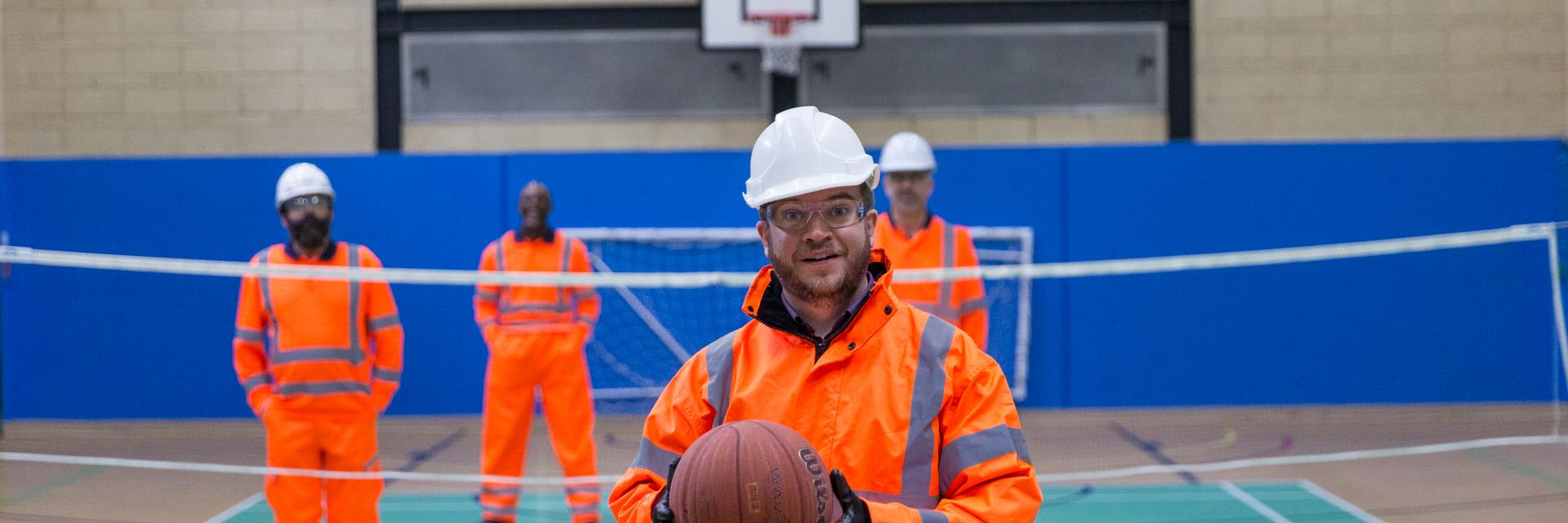Topic
Category
Year
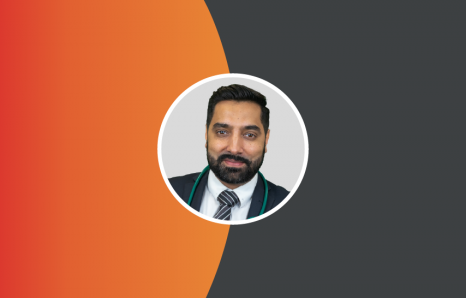
Metabolic health
Watch this engaging session on the foundations of metabolic health and its impact on overall wellbeing. It covers key topics such as blood sugar regulation, insulin sensitivity, nutrition, physical activity, and lifestyle habits that support better health—sharing practical tips to boost energy, manage weight, and reduce health risks.

Top tips on improving metabolic health
Learn simple, practical ways to boost your energy, manage weight, improve sleep, and support long-term wellbeing. This session covers nutrition, movement, stress control, and key health numbers to help you take charge of your metabolic health.
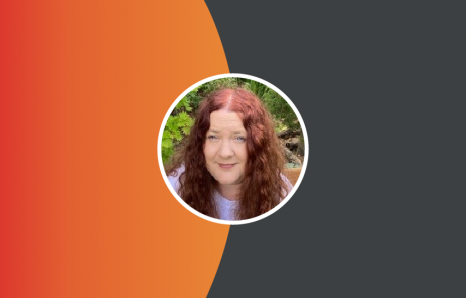
Top tips on building compassionate relationships
Watch this session to learn practical strategies for building healthier, more resilient relationships through self-awareness, empathy, and intentional action.

Taming your inner critic
Watch this session to explore practical tools inspired by Compassion-Focused Therapy (CFT) and quiet the inner critic. You'll learn how to be kinder to yourself, reduce self-doubt, and start building a more supportive relationship with your mind
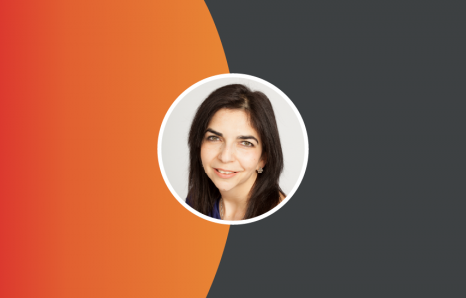
Melanoma skin cancer
Watch this talk on melanoma awareness and prevention. Learn how to protect your skin from harmful UV rays with simple tips like using SPF 30+ sunscreen, covering up, and spotting early signs such as changing moles. Featuring survivor David Bateson and Susanna Daniels, CEO of Melanoma Focus, this short session offers expert advice and personal insights to help you enjoy the sun safely.

Top tips to protect yourself from melanoma (skin cancer)
Melanoma is the deadliest skin cancer, but nearly 90% of cases are preventable—this short video covers key facts, sun safety tips, and how to spot early warning signs that could save your life.
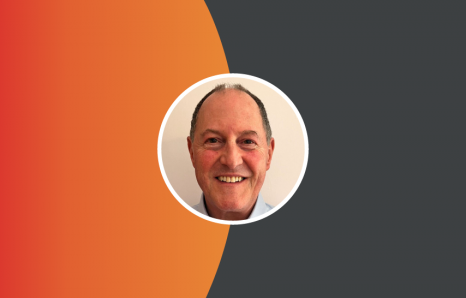
Embracing change
Change is inevitable yet navigating it can be one of life’s greatest challenges. Why do we resist it and how can we embrace it? In this session, we explore the psychology behind change, including cognitive and emotional responses, and strategies to move from resistance to acceptance. Plus, it will offer insights to better understand reactions to change and develop healthier coping mechanisms.

An introduction to emotional resilience
In this short video, we explore what emotional resilience really means and why it's a crucial skill for navigating life's ups and downs. You'll learn about common obstacles that can weaken resilience and discover practical strategies to build it up - so you can bounce back stronger from stress, setbacks and challenges. Whether you're looking to support your own growth or help others, this video offers a clear and empowering starting point.
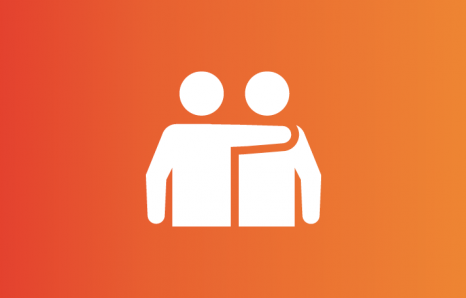
How to be an empathetic listener
Listening is a skill which helps us to create safety, trust and connect with others in both our personal and professional lives. Andy Elwood shares stories from his career in search and rescue helicopters, showing you the vital role empathy plays in effective communication. By mastering empathetic listening, you’ll foster deeper connections, build trust, and improve relationships both personally and professionally.

The power of decluttering
Professional Organiser and Declutterer, Jenn Jordan, explores strategies to get your living space into shape. You’ll learn about the link between clutter and mental health, how a professional organiser may set about creating a plan for your home, and how to handle emotional attachment to objects you may not want to part with. There will be tips for people who have a natural inclination to hoard and those who feel overwhelmed by starting the process of de-cluttering.
